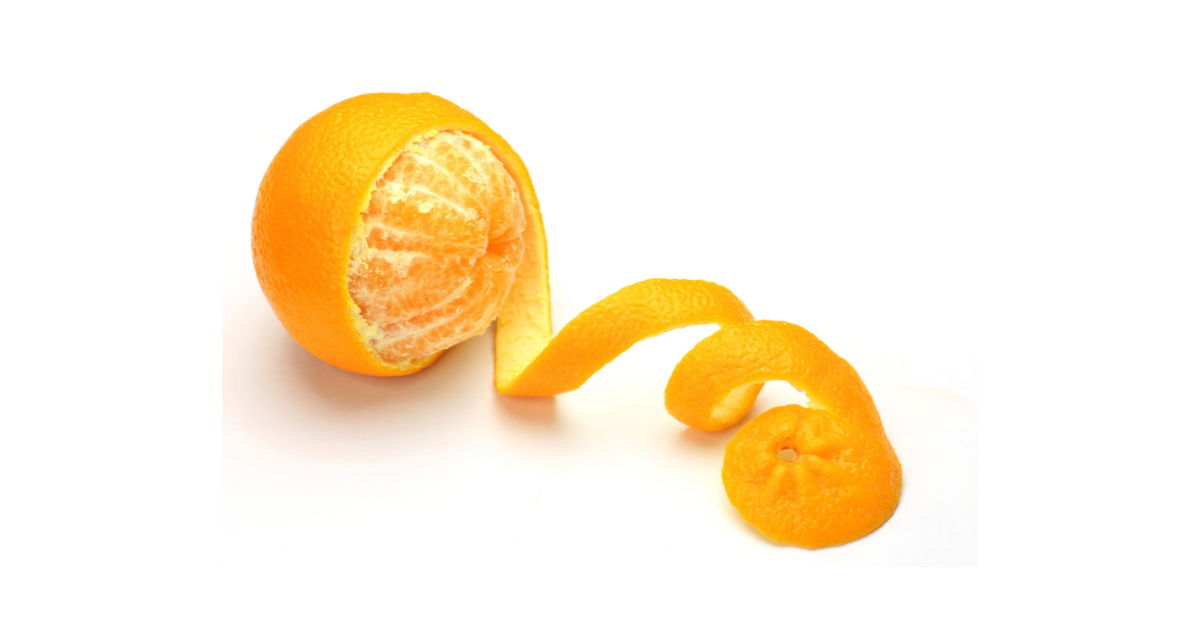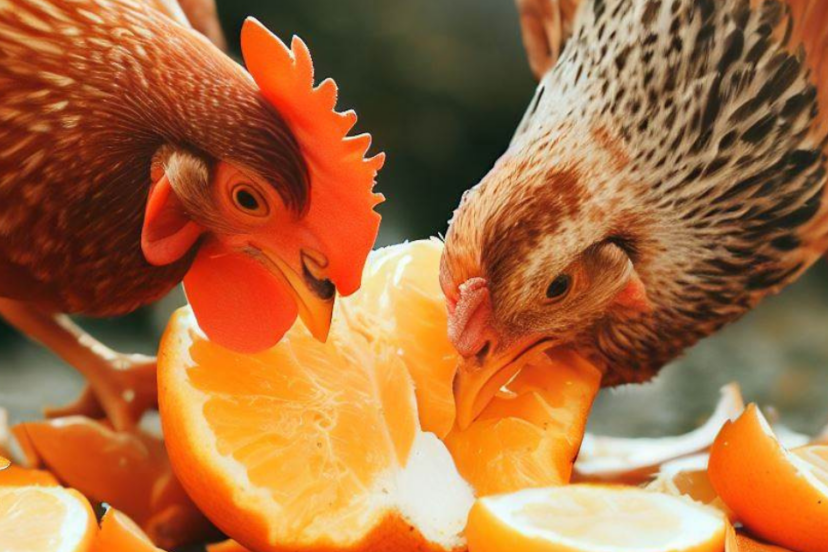Can Chickens Eat Oranges? Unleashing the Tangy Delights for Your Feathered Friends Introduction
When it comes to the dietary preferences of chickens, it’s natural to wonder about the inclusion of fruits in their meals. One such curiosity often arises: Can chickens eat oranges? What else can chickens eat, can chickens eat avocado, can chickens eat tomatoes? In this article however, join me as we uncover the truth about feeding oranges to chickens and unleash their taste for tangy delights.
The Nutritional Value of Oranges

Oranges are known for their rich nutritional profile. Packed with vitamins such as vitamin C, A, and B, as well as minerals like potassium and calcium, oranges offer a range of potential benefits for chickens. These nutrients support immune function, bone health, and overall well-being.
Can Chickens Eat Oranges?
The answer is yes, chickens can eat oranges. However, moderation and proper preparation are key. While oranges can be a healthy addition to a chicken’s diet, it’s essential to understand the potential risks and benefits.
Oranges are acidic and high in natural sugars, which can lead to digestive issues if fed in excess. Additionally, chickens may not be as attracted to the taste of oranges compared to other fruits. It’s important to introduce oranges gradually and observe your chickens’ response.
Tips for Feeding Oranges to Chickens

If you decide to incorporate oranges into your chickens’ diet, here are a few tips to ensure their safety and enjoyment:
Serve in moderation: Offer oranges as a treat rather than a staple food, and limit the quantity to small portions.
Remove seeds and peel: Remove any seeds or the peel, as they can pose a choking hazard or contain pesticides.
Cut into manageable pieces: Slice the oranges into bite-sized pieces, making it easier for chickens to consume.
Monitor digestion: Observe your chickens’ droppings and behavior after introducing oranges to ensure they are tolerating them well.
Provide a varied diet: Remember that oranges should be part of a balanced diet that includes a variety of grains, proteins, and other fruits and vegetables.
Other Fruits for Chickens
While oranges can be a tangy delight for chickens, there are other fruits they can safely enjoy. Consider introducing fruits such as watermelon, apples, berries, and melons, which provide different nutrients and flavors. Remember to follow the same guidelines of moderation and proper preparation.
Conclusion
In conclusion, chickens can indeed eat oranges, but it’s important to approach it with caution and moderation. Oranges can offer nutritional benefits, but their acidity and sugar content require careful consideration. By following the tips provided and monitoring your chickens’ response, you can safely introduce oranges as a tangy treat. Remember, a balanced and varied diet is key to keeping your feathered friends healthy and happy. Further studies have been conducted in broiler chickens, shows that intake of citrus improved general performance.
FAQs
1. Can chickens eat orange peels?
It’s best to remove the orange peels before feeding oranges to chickens. The peel can be tough to digest and may contain pesticides or other chemicals.
2. Are there any health benefits to feeding oranges to chickens?
Oranges provide essential vitamins and minerals that can support the immune system and overall health of chickens. However, remember that oranges should be given in moderation as a treat, not as a primary food source.
3. Can chickens eat citrus fruits other than oranges?
While oranges are generally safe for chickens, other citrus fruits like lemons and grapefruits may be too acidic and can cause digestive issues. It’s best to stick to oranges or consult with a poultry expert for specific fruit recommendations.
4. Can chickens eat orange seeds?
Orange seeds can be a choking hazard for chickens, so it’s important to remove them before feeding oranges to your flock.
5. Should I feed my chickens only fruits?
Fruits should be offered as a supplement to a balanced diet that includes grains, proteins, and vegetables. Fruits should not comprise the majority of their diet.
*We may earn a commission from purchases made through our links, at no cost to you. This does not affect our product recommendations. Please see our disclosure to learn more.




